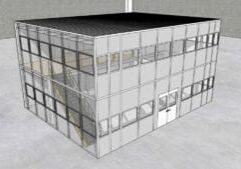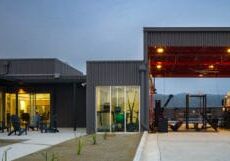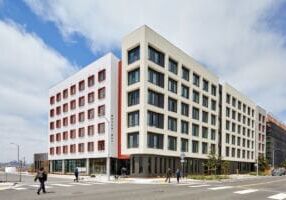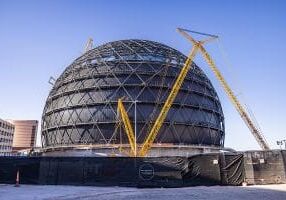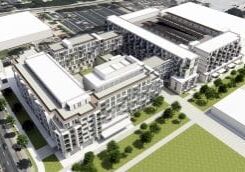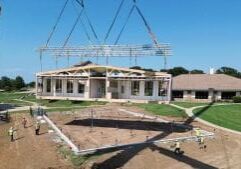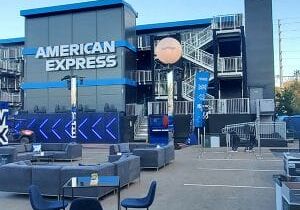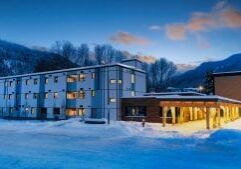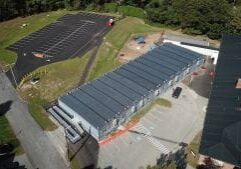Modular Construction for Hotels and Hotel Rooms
In the face of an ever-evolving landscape of customer expectations, the hospitality industry is constantly seeking innovative solutions to meet its dynamic needs. Modular construction emerges as a key player in this scenario, offering an adaptable and forward-thinking approach that caters to the rapid pace of hotel development. Championed by the Modular Building Institute (MBI) and its members, modular construction is setting a new standard for efficiency, flexibility, and design innovation for modular hotel and hotel room construction.
Advantages of Modular Construction for the Hospitality Industry
- Modular construction introduces a host of benefits that align perfectly with the demands of the hospitality industry. One of the most significant advantages is the accelerated project timeline. Modular units are constructed off-site in a controlled environment, which not only speeds up the building process by up to 50% but also minimizes delays due to weather or on-site challenges. Budget friendliness is another key benefit, as the prefabrication process allows for more precise cost controls and reduces the likelihood of unexpected expenses. Additionally, modular construction is recognized for its reduced environmental impact, utilizing materials more efficiently and generating less waste than traditional building methods for hotels and hotel rooms. Perhaps most appealing to the hospitality sector is modular construction's ability to meet diverse architectural aesthetics, offering design flexibility to create unique, customized experiences for guests.
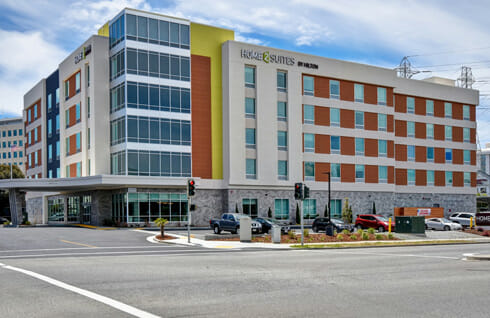
Success Stories for Modular Hotels
MBI's members have demonstrated the effectiveness of modular construction in a variety of hotel and hospitality projects.
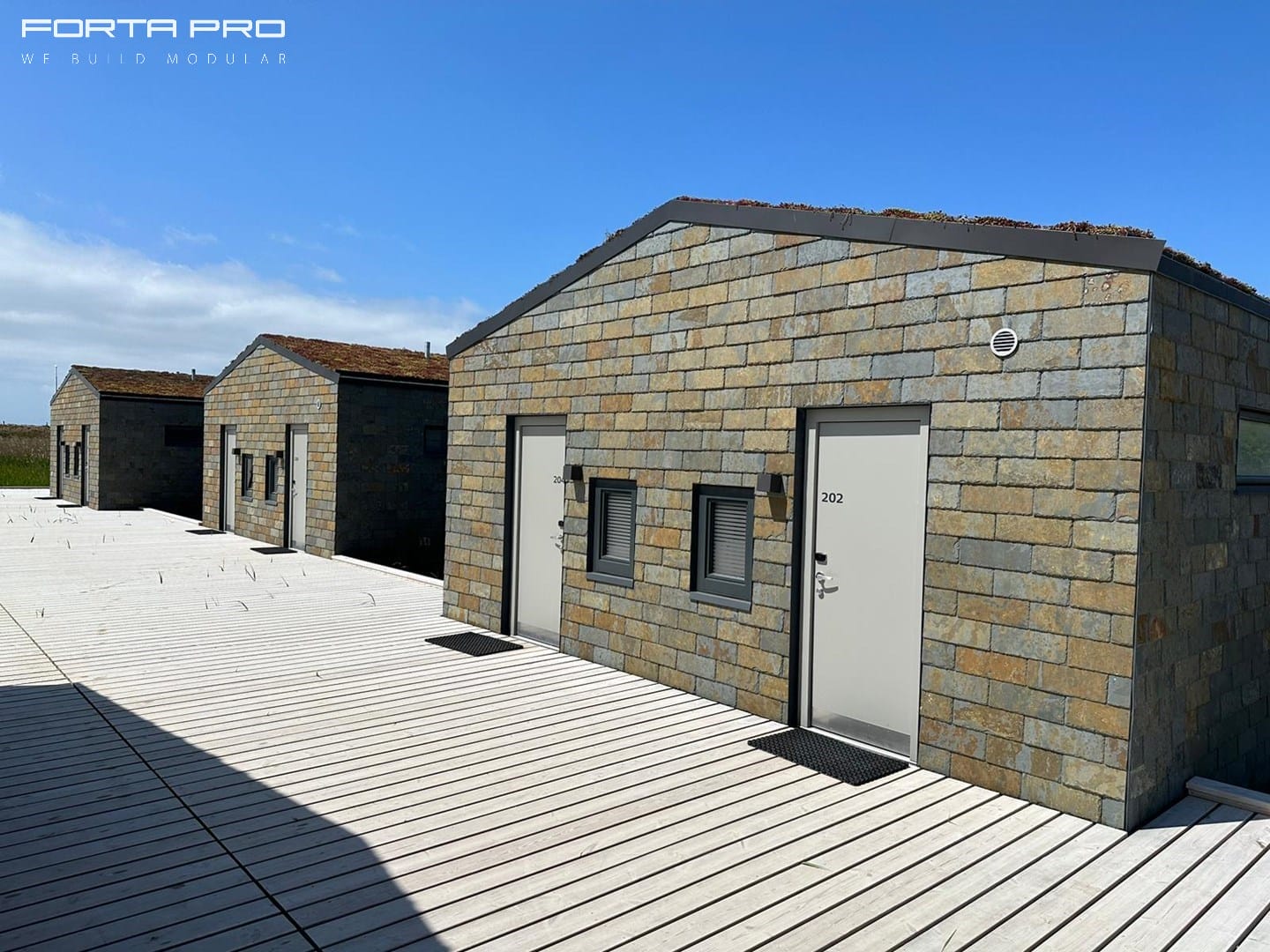
One notable example is the development of Hages Badehotel, where modular techniques were employed to expedite construction while preserving the historical aesthetic of the surrounding area.
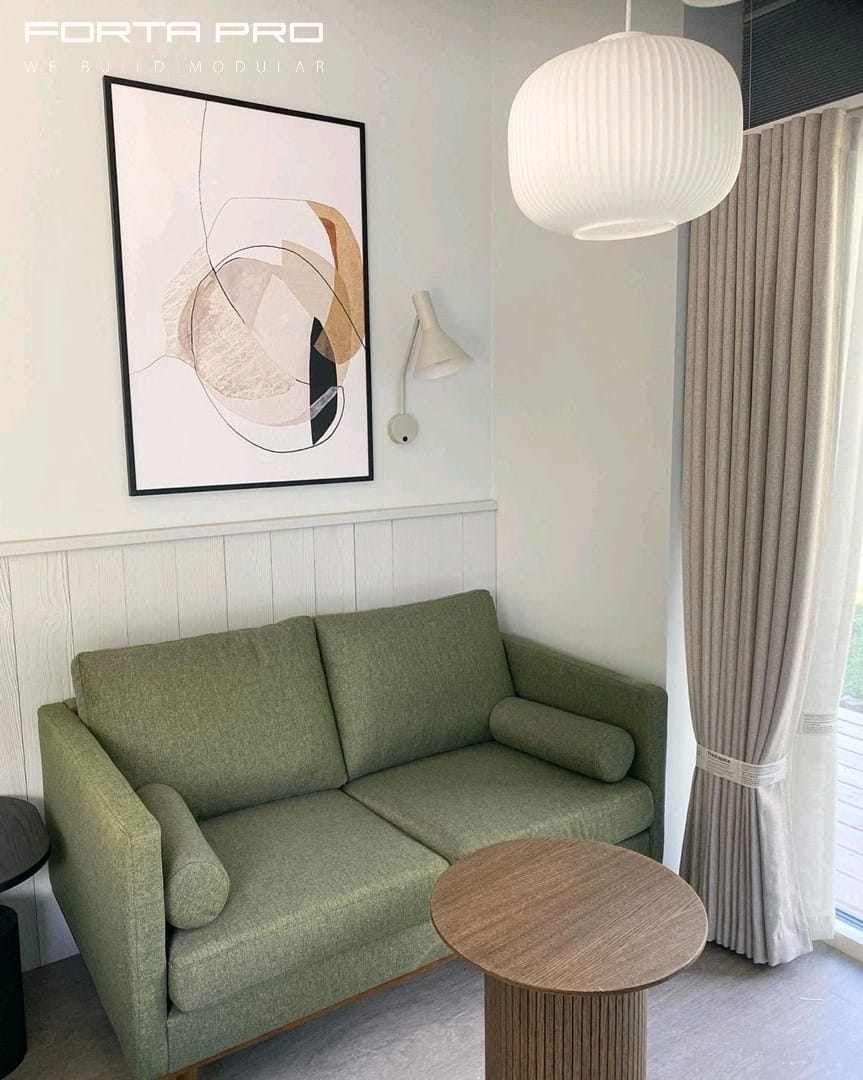
Another success is the creation of a modular hotel room prototype by Forta PRO, showcasing how modular construction can be used to efficiently replicate high-quality, luxury accommodations.
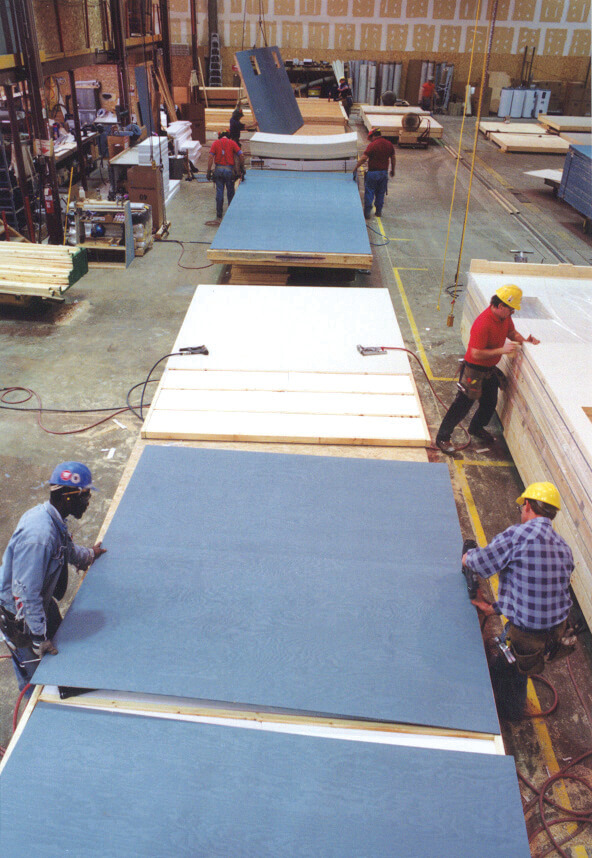
The Aqsarniit Hotel and Conference Centre is yet another example, illustrating how modular construction can overcome logistical challenges in remote locations, delivering a stunning, fully functional hotel and conference facility in a fraction of the time required for traditional building methods.
Trends and Future Outlook
Current trends in modular construction for hotels and hotel rooms include a focus on customization, luxury modular resorts, and eco-friendly practices. These trends highlight the industry's capacity for innovation, meeting the rising demand for personalized guest experiences, sustainable operations, and luxury accommodations that can be developed quickly and efficiently. As these trends continue to evolve, modular construction is poised to play an increasingly significant role in the future of hotel development.
The Clear Solution to Hospitality Needs
The compelling advantages of permanent modular construction, from accelerated build times and cost effectiveness to environmental sustainability and design flexibility, make it an ideal solution for modular hotel and hotel room construction. By embracing modular techniques, hotel developers and investors can not only meet but exceed the expectations of today’s discerning travelers. As the industry moves forward, the potential for modular construction in hotels and hospitality ventures is limitless, promising a future where innovation and efficiency are at the forefront of development.

